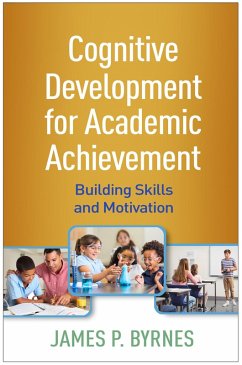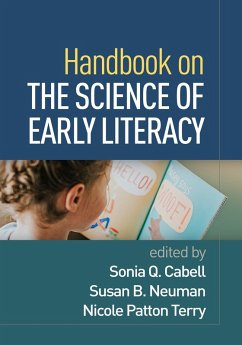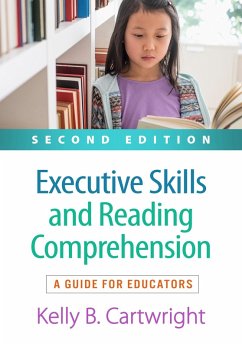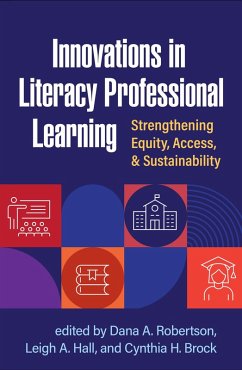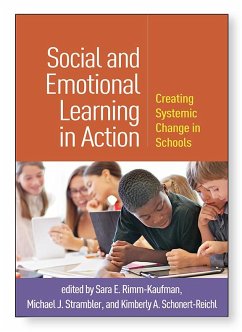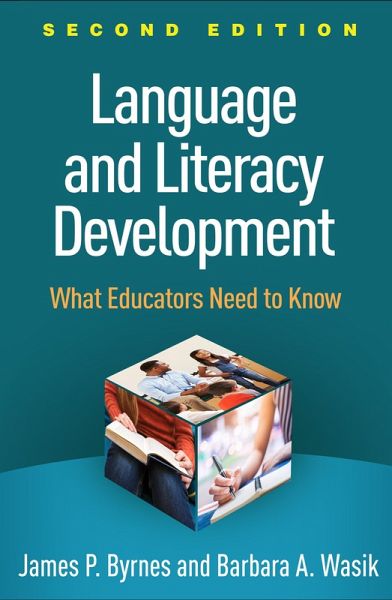
Language and Literacy Development (eBook, ePUB)
What Educators Need to Know
Versandkostenfrei!
Sofort per Download lieferbar
45,95 €
inkl. MwSt.
Weitere Ausgaben:

PAYBACK Punkte
23 °P sammeln!
This established text--now revised and updated--reveals how spoken language skills are acquired and how they affect children's later reading and writing achievement. With a unique focus on the needs of educators, the book examines the foundations of language in the developing brain. It explores the relationship of language processes to core literacy skills and probes the impact of motivational and sociocultural factors on children's learning. Implications of developmental knowledge for classroom instruction are highlighted, and effective practices reviewed. Revealing vignettes, clear explanati...
This established text--now revised and updated--reveals how spoken language skills are acquired and how they affect children's later reading and writing achievement. With a unique focus on the needs of educators, the book examines the foundations of language in the developing brain. It explores the relationship of language processes to core literacy skills and probes the impact of motivational and sociocultural factors on children's learning. Implications of developmental knowledge for classroom instruction are highlighted, and effective practices reviewed. Revealing vignettes, clear explanations of research, and lists of "main ideas" enhance the text's accessibility for preservice teachers. New to This Edition *Chapter on emergent literacy and the predictors of reading success. *Incorporates the latest research, including findings from key longitudinal studies. *Increased attention to English learners, low-income children, and children with disabilities. *Updated and expanded topics, including usage-based theories of language acquisition, morphological knowledge in vocabulary and comprehension, phonological processing skills, and writing development.
Dieser Download kann aus rechtlichen Gründen nur mit Rechnungsadresse in A, D ausgeliefert werden.





